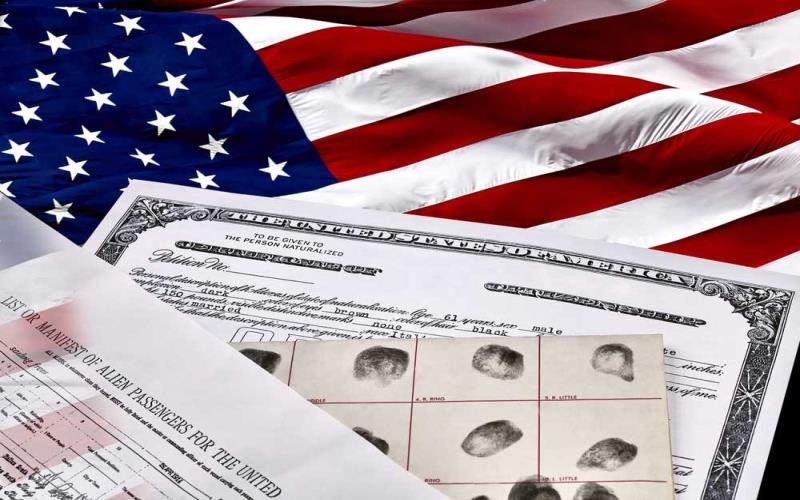The Importance of Birth Certificates: A Comprehensive Guide

A birth certificate is more than just a piece of paper—it is a vital legal document that plays a significant role in an individual’s life. From establishing identity to accessing essential services, the importance of a birth certificate cannot be overstated. It is a record of a person’s birth details, including date, time, place, and parentage, issued by the government. This document has far-reaching implications in areas such as education, employment, marriage, and legal rights.
Why Is a Birth Certificate Important?
Proof of Identity and Age
A birth certificate serves as official proof of identity and age. It is essential for enrolling in schools, obtaining a passport, applying for government benefits, and other legal processes.
Education
Schools require a birth certificate during the admission process to confirm the child’s age and eligibility for enrollment. It ensures access to formal education, a fundamental right of every individual.
Employment
Many employers require a birth certificate as proof of age, particularly for government jobs or roles with age restrictions.
Marriage Registration
A birth certificate is often required for marriage registration. It ensures that individuals meet the legal age requirement for marriage and provides proof of identity.
Legal and Inheritance Rights
It helps establish parentage, which is crucial in matters of inheritance, property disputes, or custody cases.
Other Uses
Birth certificates are needed for voter registration, obtaining a driver’s license, availing insurance, and applying for social welfare schemes.
When Should a Birth Certificate Be Registered?
Under the Registration of Births and Deaths Act, 1969, every birth in India must be registered within 21 days of occurrence. Hospitals and medical institutions typically handle the registration for children born under their care. For births outside of medical facilities, parents or guardians must notify the local Registrar’s office.
Failing to register within the stipulated time may result in delays, additional documentation requirements, and penalties. Late registration can complicate the process, as individuals may have to provide affidavits, proof of birth, or other supporting documents to validate the request.
What Happens If a Birth Is Not Registered?
If a birth is not registered within the mandated time, it can lead to significant challenges:
Lack of Legal Identity
Without a birth certificate, individuals lack an official record of their existence, making it difficult to access basic rights and services
Difficulty in School Admission
Schools may refuse admission if a child’s age cannot be verified.
Restricted Opportunities
Individuals without birth certificates may face obstacles in obtaining government IDs, jobs, or participating in civic processes like voting.
Legal Complications
Establishing parentage or inheritance rights becomes more complex in the absence of a birth certificate.
Parents should prioritize registering their child’s birth to avoid such complications. Late registration is possible, but it often involves more effort and documentation.
What to Do If Your Birth Certificate Is Lost?
Losing a birth certificate can be stressful, but the document can be reissued by following these steps:
Visit the Registrar’s Office
Locate the Registrar of Births and Deaths in the area where the birth was registered,
Provide Required Information
Share details like name, date of birth, place of birth, and parents’ names. Some offices may ask for ID proof and an affidavit.
Pay the Fee
A nominal fee is usually charged for reissuing a duplicate birth certificate.
Online Options
Many states now offer online services to apply for a duplicate birth certificate. The process involves filling out a form, uploading documents, and paying the fee online.
Use of Gazette Notification
If no record is available, the individual may need to approach a court for an order to reissue the certificate. Some states also require publication of a gazette notification to validate the replacement process.
A birth certificate is an indispensable document that secures a person’s legal identity and facilitates access to numerous opportunities and rights. Parents should ensure timely registration of their child’s birth to avoid future complications. If the certificate is lost, the process to obtain a duplicate is straightforward but requires proper documentation. By understanding its importance and ensuring its availability, individuals can safeguard their rights and simplify many aspects of life.






